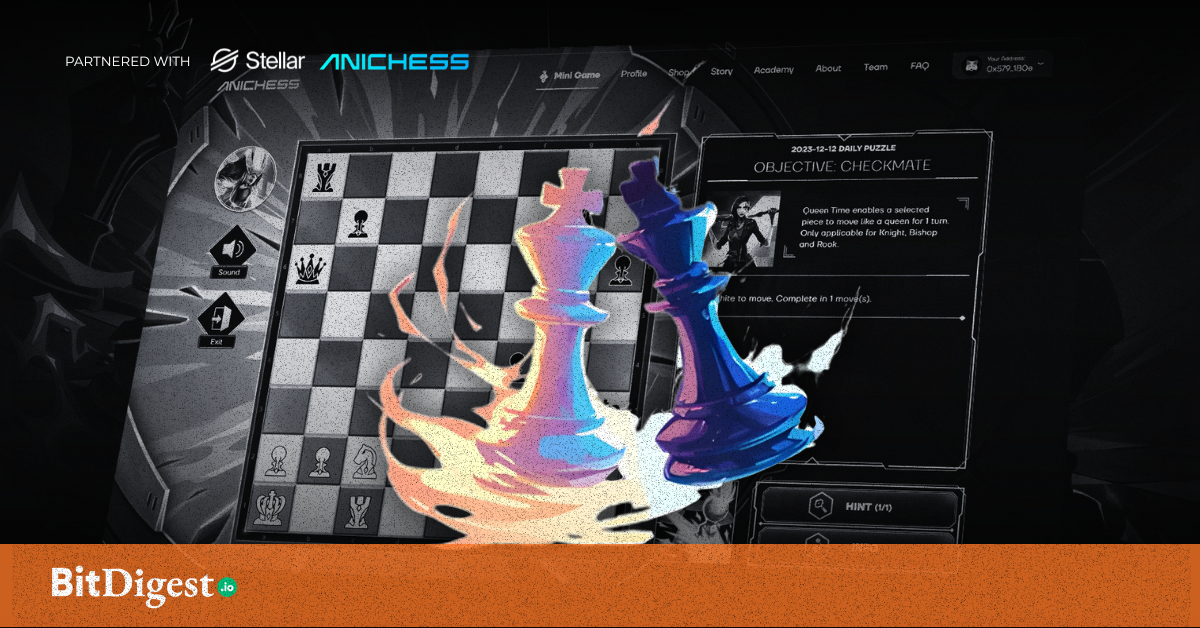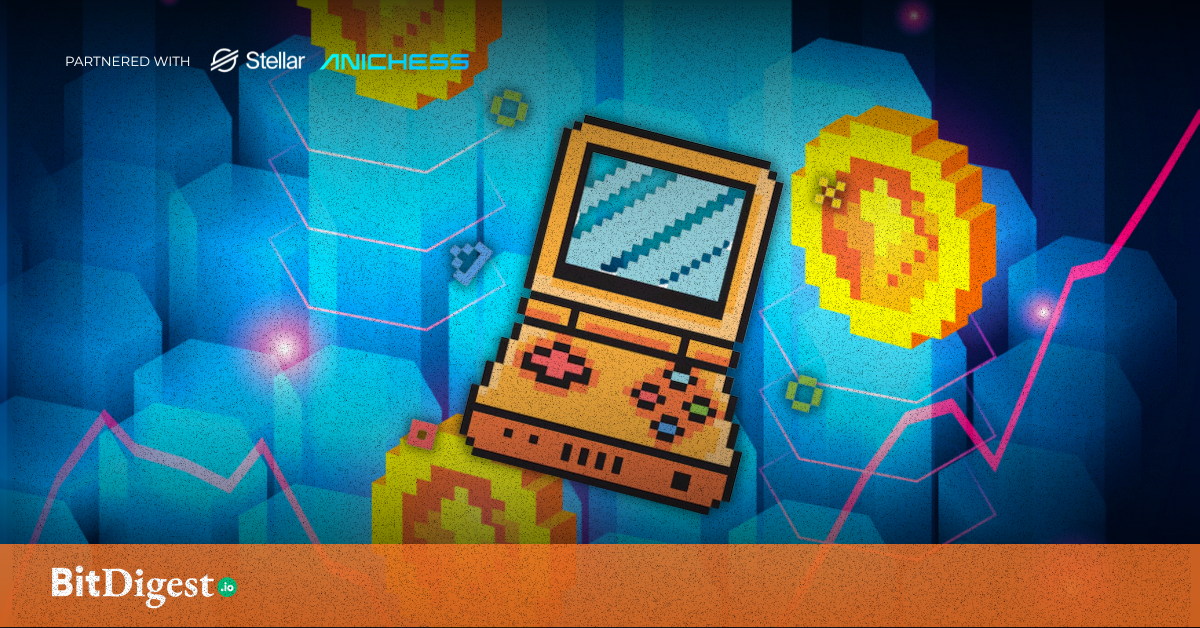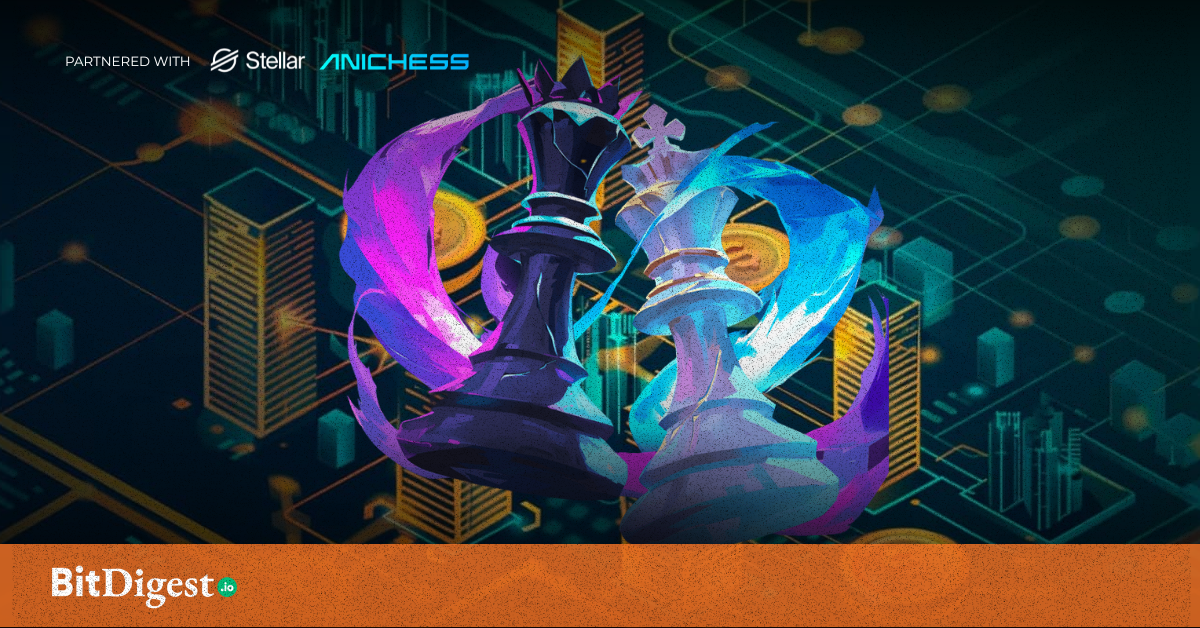Interoperability of Stablecoins
Cryptocurrency can be daunting for beginners, especially when it comes to purchasing crypto assets and figuring out the selling process or cashing out. Many believe that their only option is to convert back to their local currency, which can be time-consuming and may result in added risk or missed opportunities due to fluctuating crypto prices. Fortunately, there is a convenient solution already available: stablecoins.
Stablecoins, which are known for their stable value compared to other cryptocurrencies, facilitate efficient settlements and cost-effective transfers. They can also be tailored to comply with regulations, making them suitable for cross-border transactions and digital securities settlements. This not only enhances liquidity in the crypto market but also bolsters security against fraudulent activities, thanks to blockchain technology.
Like other cryptocurrencies, stablecoins are typically associated with a specific blockchain network where they are issued and stored. However, they can go beyond these boundaries through cross-chain transactions, enabling stablecoins to transfer from one blockchain to another. This process involves utilizing cross-chain technology.
For instance, let's consider a scenario where a user holds USDC on the Ethereum blockchain and wishes to transfer their USDC to the BNB Chain, because they would want to purchase a token that is only available in the BNB Chain. In this case, the user initiates a cross-chain transaction by utilizing a cross-chain bridge, which are protocols facilitating stablecoin transfers between different blockchains. The user specifies the amount of USDC they want to exchange and the desired destination blockchain (in this case, BNB Chain).

The cross-chain bridge then facilitates the transfer of the specified amount of USDC from the Ethereum blockchain to the BNB Chain.
Once the USDC transaction is confirmed on the Ethereum blockchain, an equivalent amount of USDC is minted or unlocked on the BNB Chain and credited to the user's designated BNB Chain wallet address.

This process allows the user to transfer their USDC holdings from the Ethereum blockchain to the BNB Chain, despite the two cryptocurrencies operating on different blockchain networks.
Other examples of solutions that facilitate cross-chain transactions for stablecoins are:
- Cross-Chain Messaging: Secure transmission of messages between blockchains to enable the exchange of information for stablecoin transfers.
- Wrapped Tokens: Represent assets from one blockchain on another through smart contracts for interoperable use.
- Interoperable Blockchain Platforms: Act as bridges allowing transfer of stablecoins between multiple blockchains. An example of these are centralized exchanges.
- Atomic Swaps: Peer-to-peer exchange of cryptocurrencies ensuring simultaneous asset delivery.
- Sidechains: Parallel chains to the main blockchain handling specific tasks like cross-chain stablecoin transactions.
- Oracles: Third-party services providing external data to trigger actions on smart contracts for stablecoin transfers.
Cross-chain transactions enable interoperability between diverse blockchain ecosystems, expanding the utility and accessibility of digital assets across multiple platforms.
An interoperable blockchain platform that facilitates cross-chain transactions is Stables, a stablecoin wallet that easily lets you on-ramp and off-ramp your stablecoins. Recently, they have announced the expansion of supported blockchains on their platform which includes the addition of NEAR, TRON, COSMOS, TERRA, Algorand, Stellar, Hedera, RONIN, and USDT on Tron to their platform. Moreover, with the addition of these new chains, users can now access their services across a wider range of blockchain ecosystems. Specifically, they have just introduced USDC deposits on Ronin Network, marking another milestone in their efforts to provide convenient off-ramps for users.
.svg)

.svg) SHARE TO FACEBOOK
SHARE TO FACEBOOK SHARE TO TWITTER/X
SHARE TO TWITTER/X SHARE TO LINKEDIN
SHARE TO LINKEDIN SEND TO MAIL
SEND TO MAIL





.svg)


.svg)